#DaveHill
“I DON’T NEED RULES.” And that’s exactly how he played his entire career, breaking nearly every regulation in the PGA rulebook. Dave Hill wasn’t just a golfer. He was golf’s nightmare. The man who sued the PGA for millions, physically fought other players, and turned professional tournaments into personal battlegrounds.
I don’t need rules. And that’s exactly how he played his entire career, breaking nearly every regulation in the PGA rule book. Dave Hill wasn’t just a golfer. He was golf’s nightmare. The man who sued the PGA for millions, physically fought other players, and turned professional tournaments into personal battlegrounds. We’re not talking about some no-name hack. This was a guy with 13 PGA Tour victories and the 1969 Varden Trophy for lowest scoring average, one of golf’s highest honors. Yet, despite this undeniable talent, Dave Hill became known as the Don Rickles of golf because of his sharp tongue and explosive temper. His most infamous tirade came at the 1970 US Open at Hazelton. When asked what he thought of the prestigious course, Hill didn’t hold back. I’m still looking for it. He then added the course lacked only 80 acres of corn and a few cows and claimed the architect had the blueprints upside down. The comment earned him a $150 fine and cemented his reputation as golf’s ultimate rebel. But Hill wasn’t always so confrontational. The seeds of his fiery personality were planted early. He spoke of being bullied as a child and developing a stutter from nervousness, which made him a terrible loner. This defensive posture followed him into other sports. In basketball, he described himself as a little pecker who had to play aggressively or I would be run off the court. By his own admission, he fouled out of three out of every five games. That aggression followed him to the golf course. When I get mad on the golf course, which is frequently, I feel mean, Hill confessed. And mean he was. As early as 1961, the year he captured his first PGA Tour victory at the Tucson Open, Hill was already racking up fines. He paid about $1,400 in penalties, half of his winners check, mostly for breaking putters. The cost, a hundred bucks per broken club. But it was in 1963 that Hill really made headlines. At the Frank Sinatra Open Invitational, still grieving his father’s death and struggling with his game, Hill made a bold declaration to tour director Joe Black. He stated that if he missed an upcoming birdie putt on the 18th green, he would break his putter. True to his word, when the putt failed to drop, he’ll snap the offending club over his knee and finish the hole using only half a putter. The tour committee promptly suspended him for two months. This behavior wasn’t just random outbursts. Hill knew exactly what he was doing. He once said, “If you bug me, I’ll insult you and forget about it.” Many people resent my attitude. Many are jealous. They’d like to say what they think, but are afraid to. The period between 1970 and 1971 marked the most turbulent chapter in Hill’s combative career. After his famous Hazeline comments, things only got worse. At a tournament in Palm Springs, his ball became lodged in a palm tree. Even though he and spectators could identify it as his, officials disqualified him because he hadn’t placed a personal identifying mark on the ball. Hill was insensed, especially since he claimed there was no specific rule requiring such marking. The incident left him seething and his anger boiled over later that year at the Colonial National Invitation. During a miserable second round where he was already 16 over par, Hill’s patience finally snapped. Some accounts suggest he played the last few holes using only his nine iron out of sheer frustration. On the 18th hole, his approach shot found a bunker with what was described as a brutal lie. Fed up, Hill picked up his ball, tossed it onto the green, and tapped in. Hill ultimately missed the cut with scores of 77 to 85 and was disqualified for signing an incorrect scorecard. But the real drama was just beginning. When he arrived at his next tournament, the Danny Thomas Memphis Classic, Hill was informed he was being fined $500 for conduct unbecoming a professional golfer. He was required to pay before being allowed to compete. Hill complied but was furious that he wasn’t given a chance to tell his side of the story. Less than a week after paying the fine, Hill fought back in dramatic fashion. He filed a $1 million antirust lawsuit against the tournament players division of the PGA Tour. When the tour placed him on one-year probation in response, Hill escalated by increasing his lawsuit to $3 million. The legal battle dragged on for months before eventually being settled out of court with Hill being taken off probation. Looking back on the episode, Hill wrote, “I really think I could have won the suit, but I didn’t want it on my mind anymore. I’m a golfer, not a political rabble rouser.” Hill’s knack for controversy wasn’t limited to American soil. Later in 1971, while playing in Australia, he engaged in a series of verbal clashes with celebrated Australian golfer Peter Thompson. The tension was so thick that when paired together the following week, neither man offered to shake hands, and they barely spoke throughout the round. Then there was the bizarre incident at the 1966 Thunderbird Classic. After struggling during his round, Hill’s playing partner asked about his score on the 18th hole. Hill sarcastically replied 8 or 108. When handed the scorecard, Hill wrote a 10 in front of the eight, signing for a second round score of 178. He was initially reported as disqualified, but since he had signed for a higher score than what he actually shot, his total was officially recorded as 257. Hills competitive fire often burned with revenge. At the 1974 Houston Open, he openly stated he was playing to get even with the Houston Golf Association over a perceived slight from the previous year. Fueled by this grudge, Hill shot a final round 65 to win by one stroke. Even in his later years on the senior PGA Tour, Hill remained combative. At the 1991 Transamerica Senior Golf Championship, he got into a physical altercation with fellow professional JC Sneed on the driving range. The dispute began when Sneed’s practice shots repeatedly rolled near where Hill was practicing. Hill yelled at Sneeed, then grabbed a club and approached him. The confrontation escalated into punches and wrestling before others separated them. Hill’s relationships with fellow players were predictably strained. Another notable incident occurred in 1970 at the Keer Open with Chi-Chi Rodriguez. Hill felt Rodriguez’s crowd-pleasing antics were distracting and cost him a chance at winning. The tension nearly led to blows on the course and did escalate to a physical confrontation in the locker room afterward. Behind all the controversy was a golfer of exceptional talent. His 13 PGA Tour victories and six more on the senior PGA Tour speak to an elite level of play. The Varden Trophy is a testament to consistent excellence over an entire season. He represented the US in three RDER Cups. Yet, these accomplishments are inevitably overshadowed by his reputation for a bad temper, big mouth, and colorful ways. As one publication aptly summarized, he spent two decades on the regular PGA Tour before his bad temper, big mouth, and colorful ways forced him to give up the game. Hill himself acknowledged the lasting power of his Hazeline quote. It will probably never go away. He conceded that he would likely be remembered more for that remark than for his playing career, partly because he never captured a major championship. When Dave Hill passed away on September 27th, 2011 at age 74 from emphyma, the golfing world lost one of its most complex figures. In his hometown of Jackson, Michigan, he was remembered with considerable affection. Ron Berman, the golf professional at the Country Club of Jackson, stated, “He is Jackson golf as far as I’m concerned.” Ed Mitchell, a local golf company founder, remarked, “From my perspective, he inspired a lot of people to take up the game, but to the wider world, Dave Hill’s legacy remains that of golf’s greatest contrarian. The man who defied convention, challenged authority, and played by his own rules. For better or worse, he was truly golf’s unflinching maverick. If you enjoyed this story of golf’s ultimate rule breaker, hit that subscribe button for more untold stories from sports history.

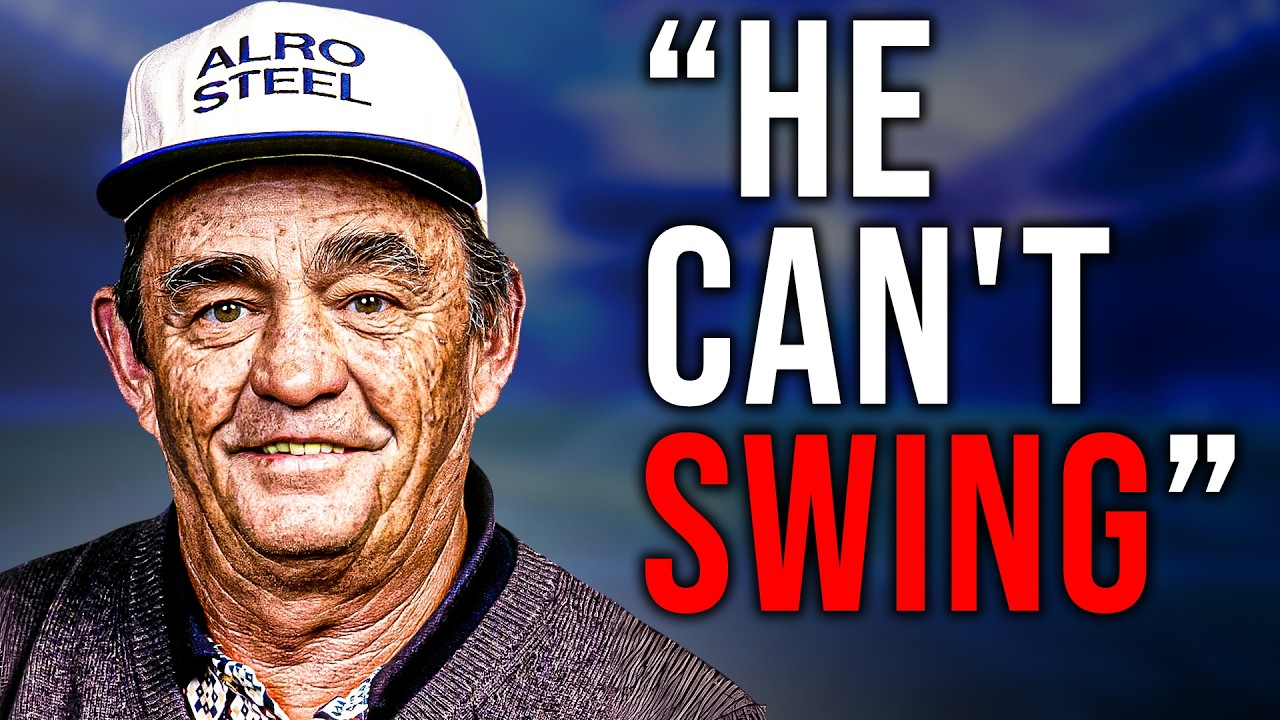
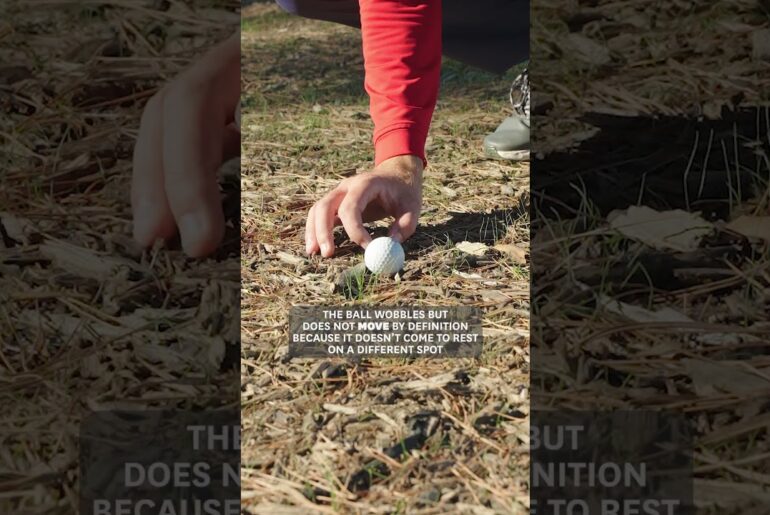

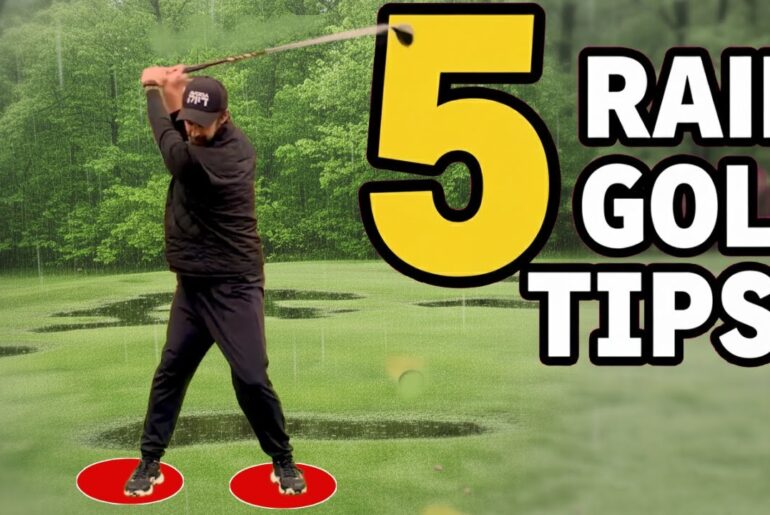

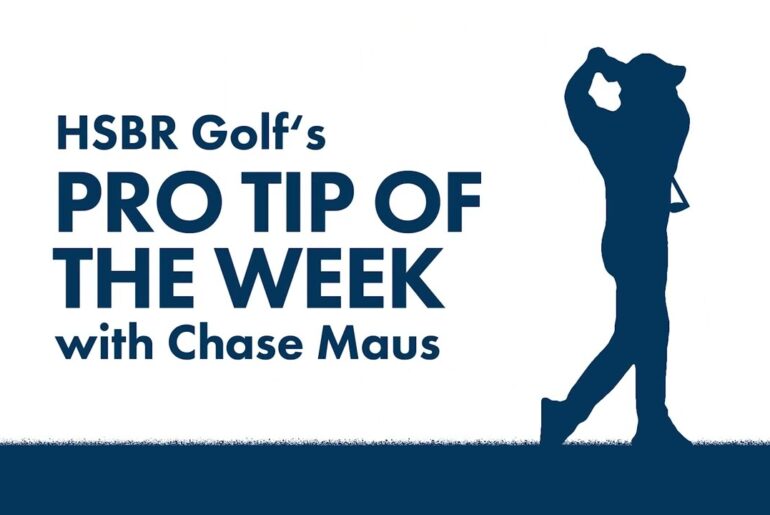
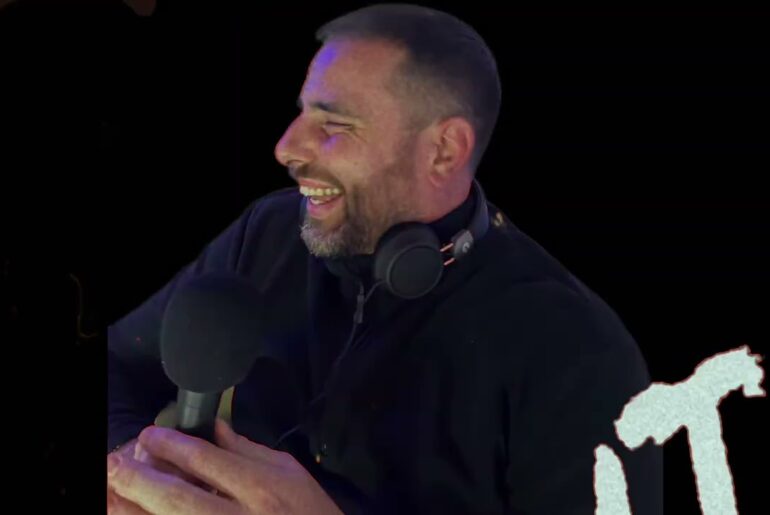
3 Comments
I like him already, sounds like his early years were similar to mine ,except my being bullied went way longer and he was a way better golfer than I was.the more I watch this video the more he becomes my hero🎉
Read his book…..great read
man, wish I could have seen him play…………..I love all sports that mix in a little boxing…haha